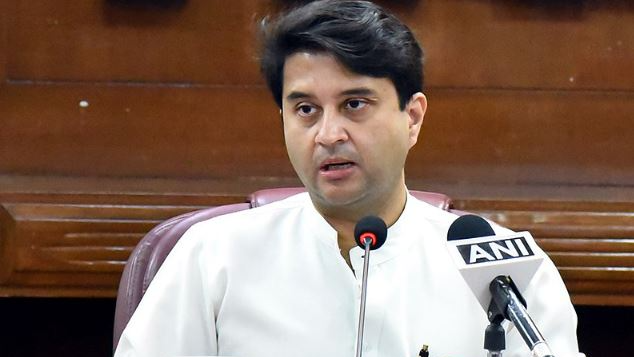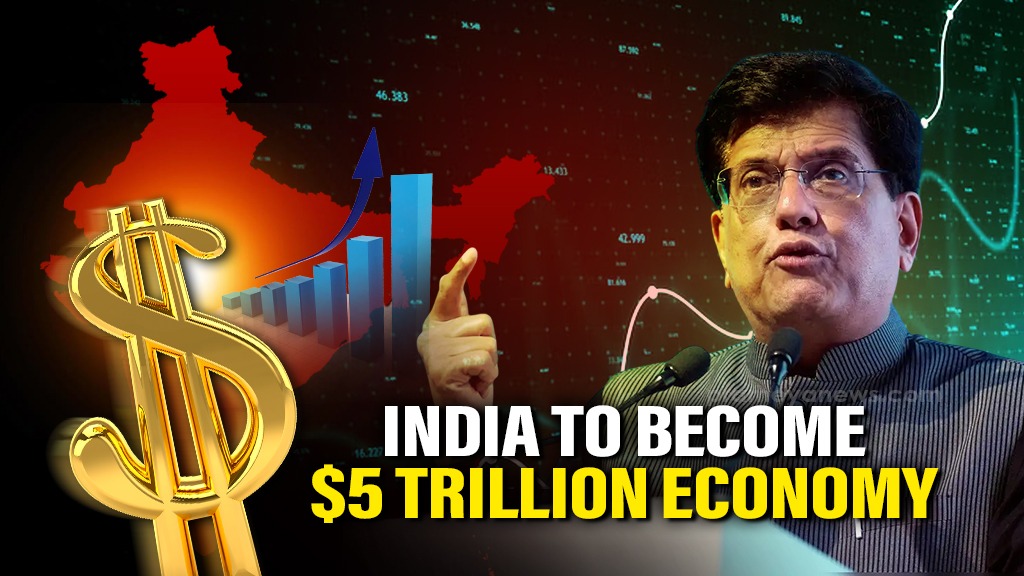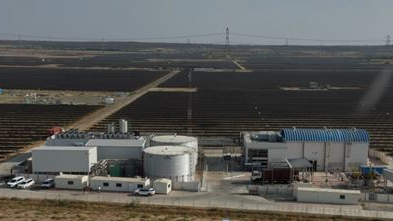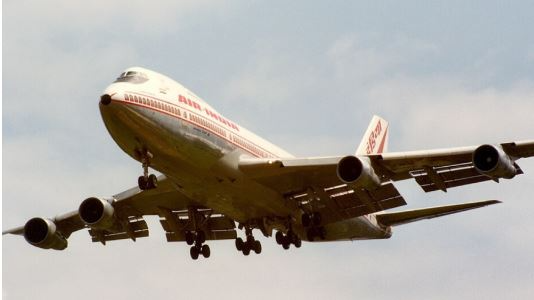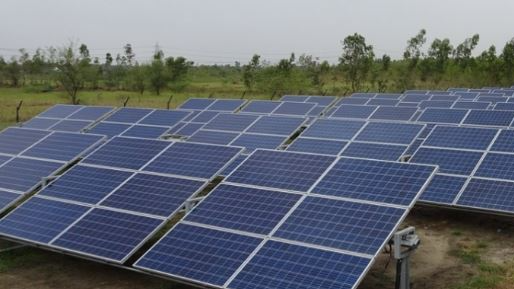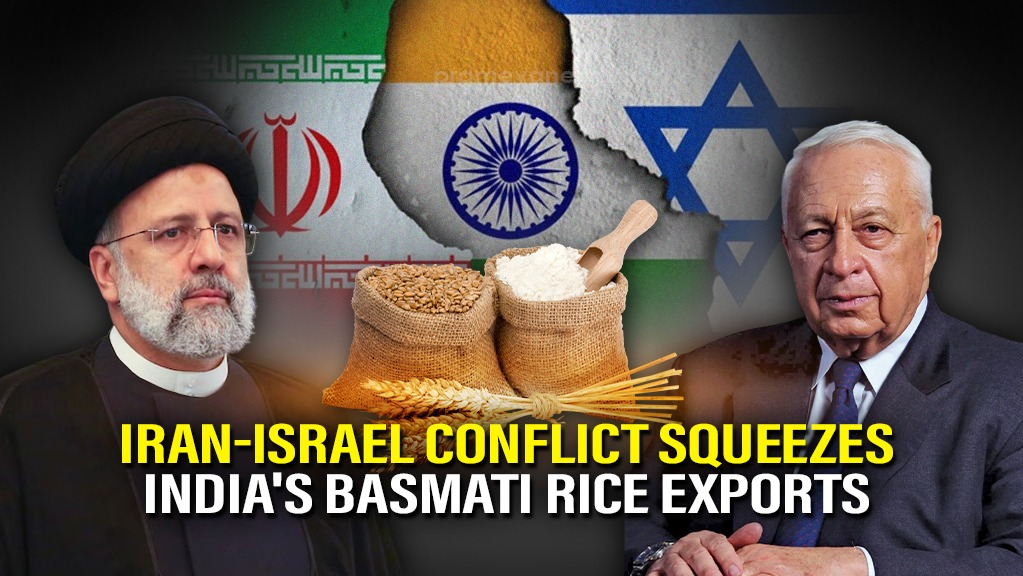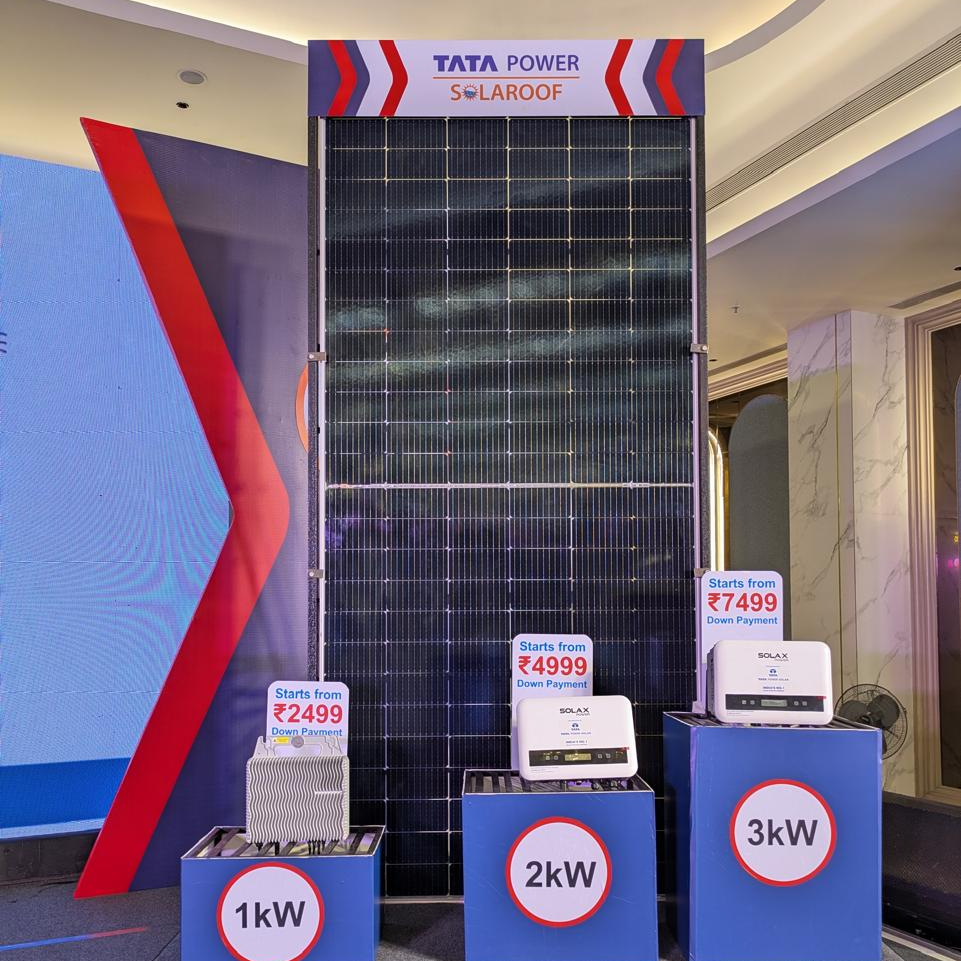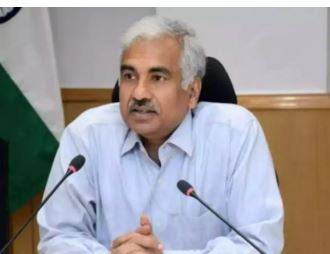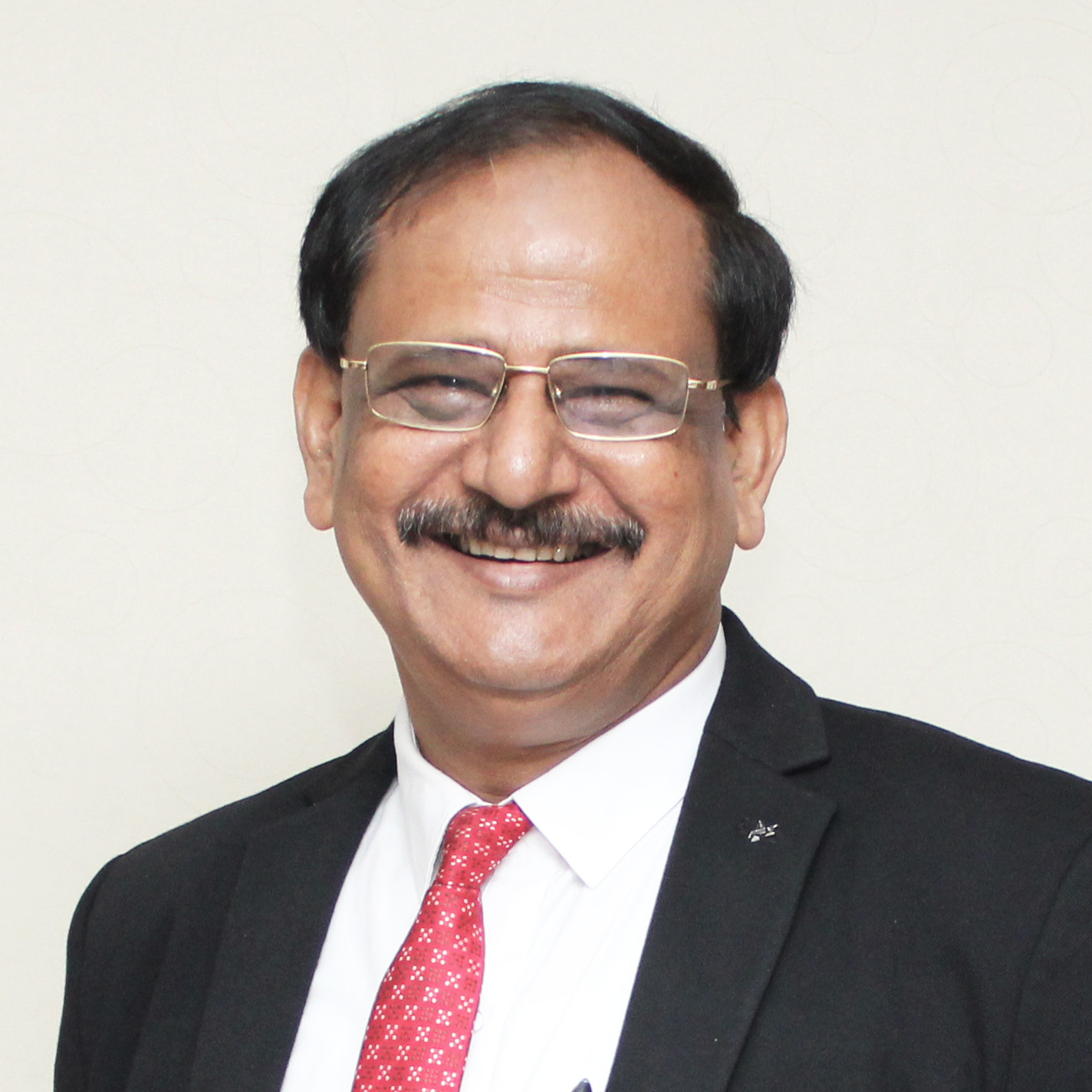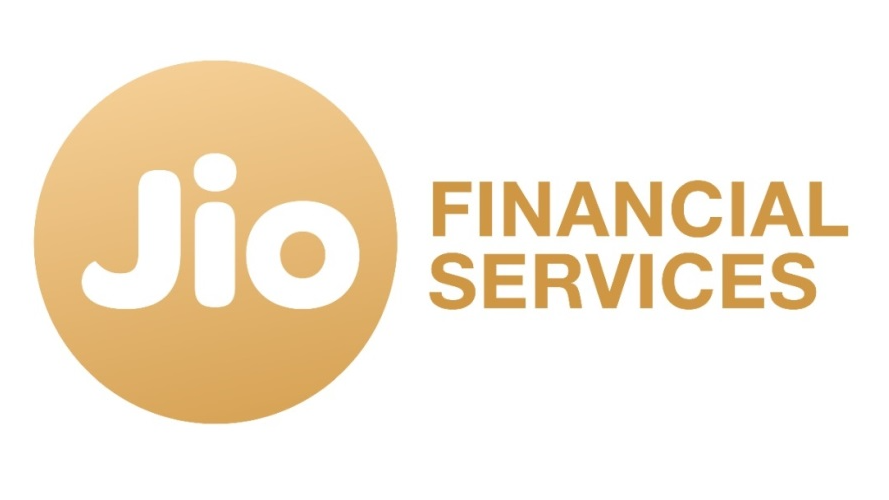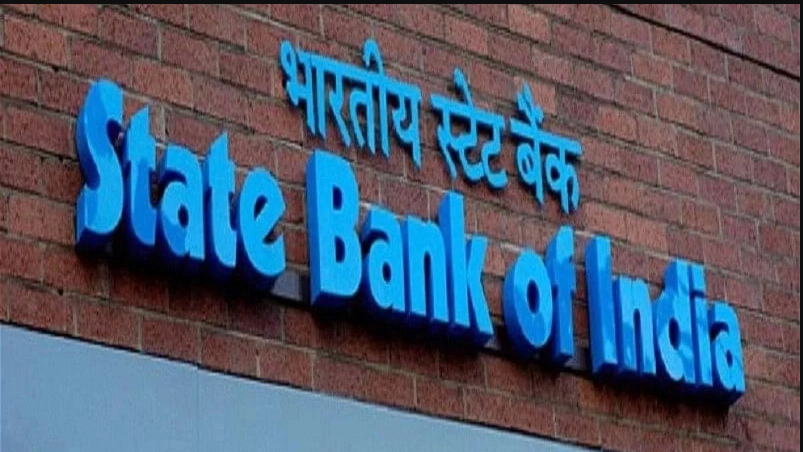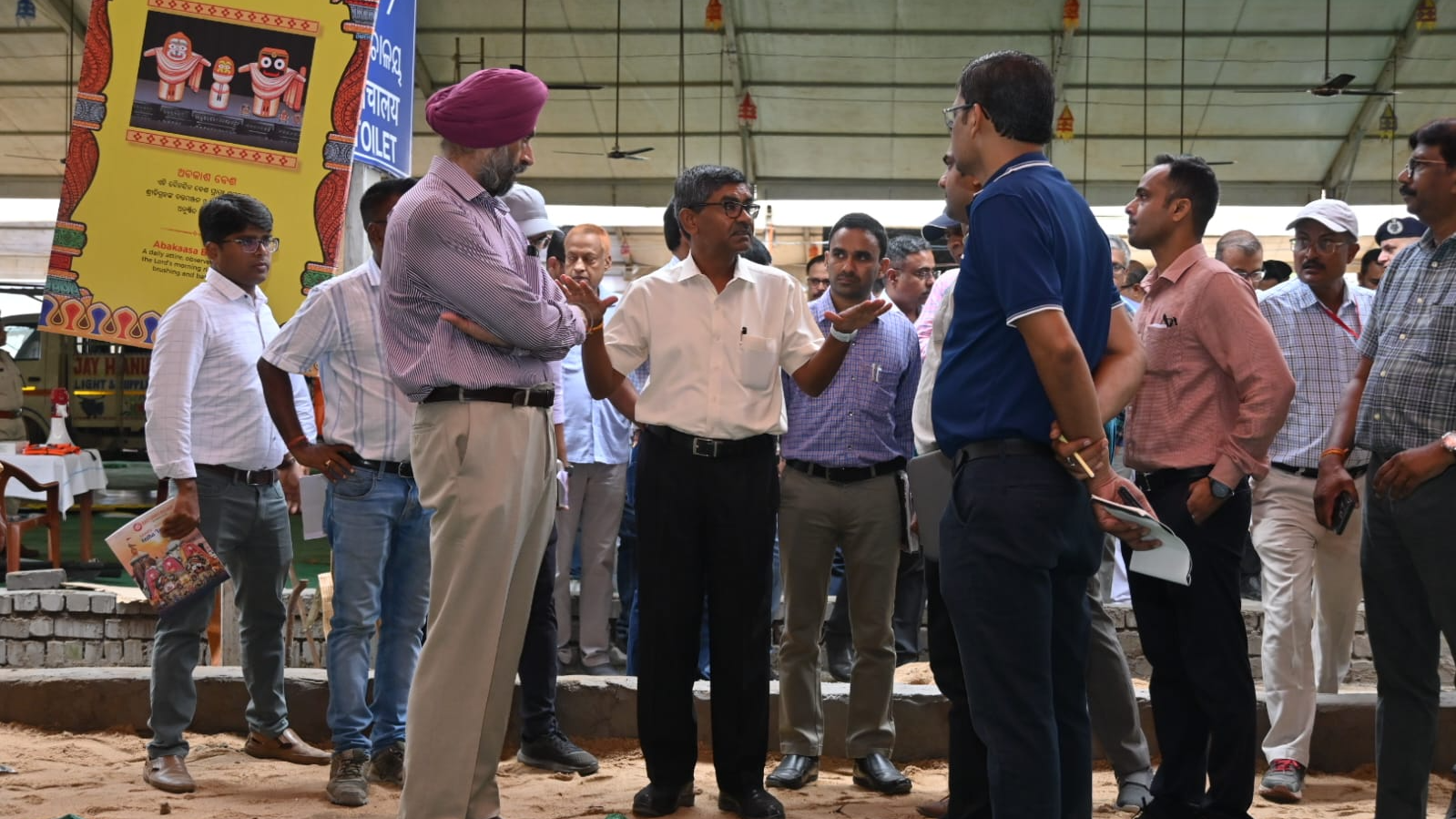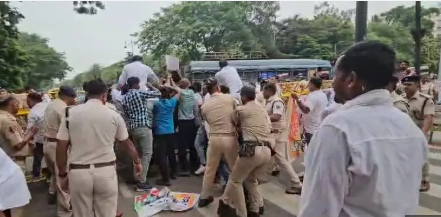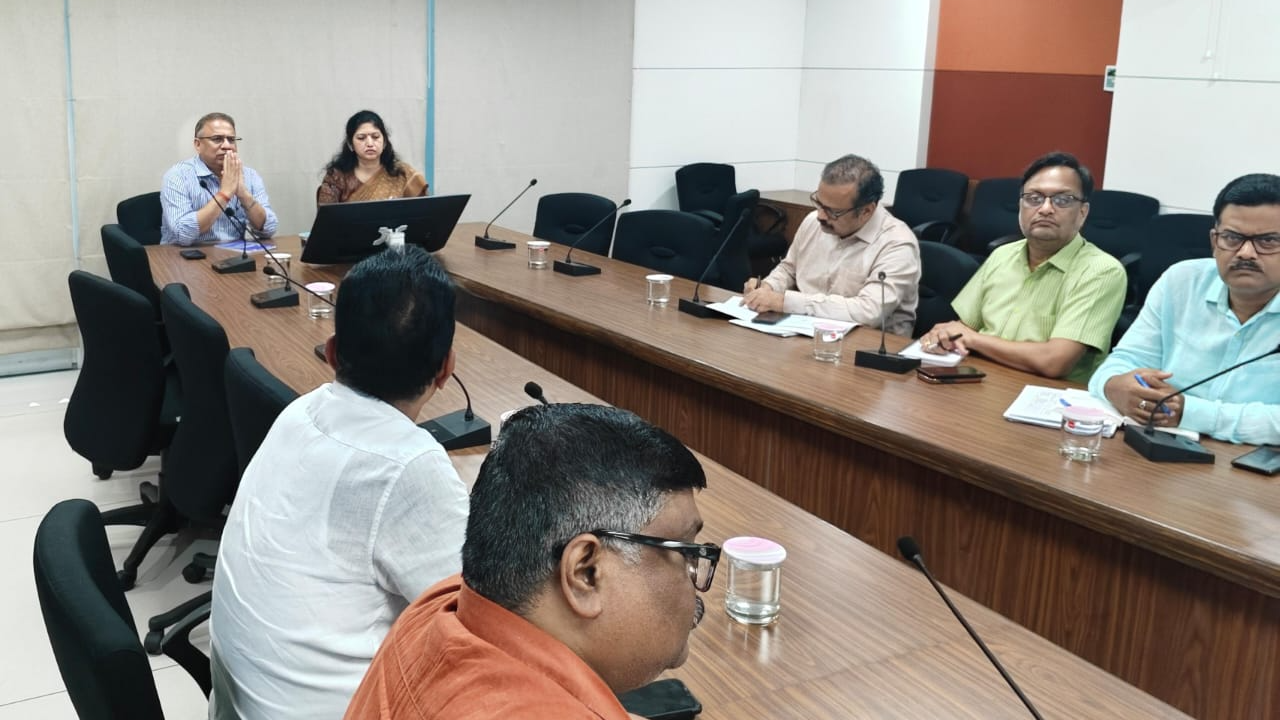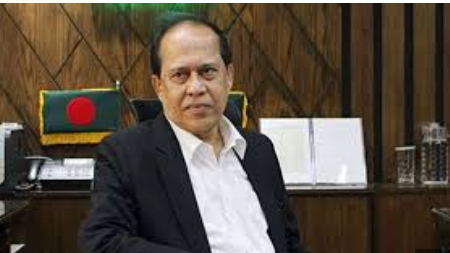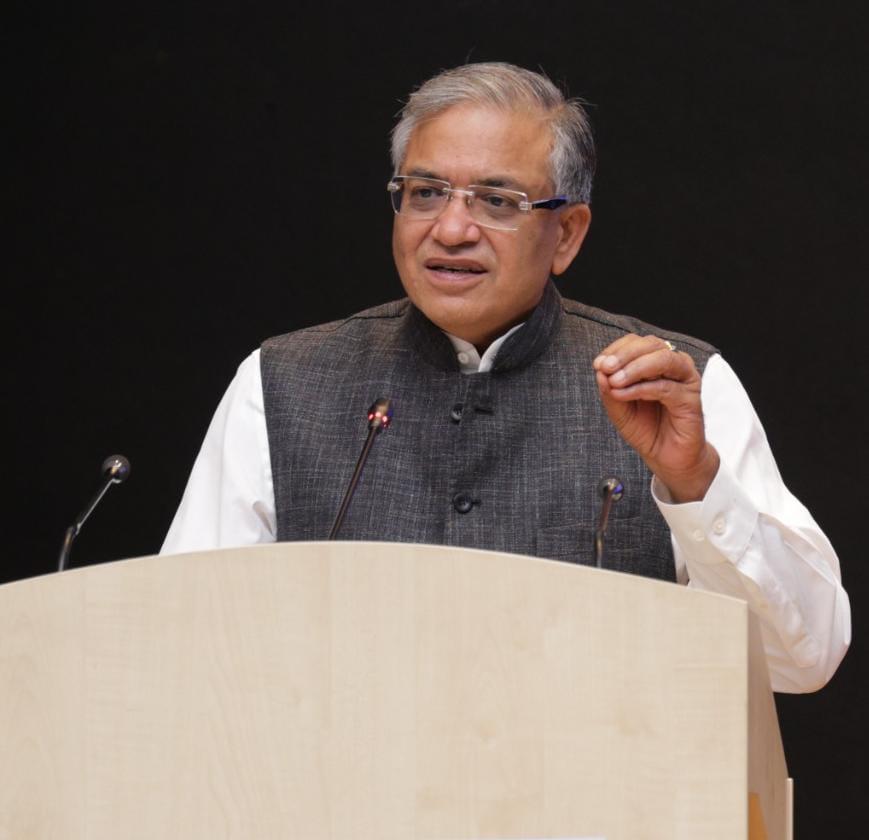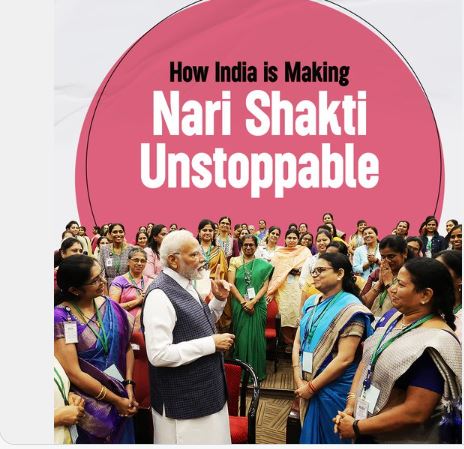New Delhi, May 20: Union Minister of Communications Jyotiraditya Scindia on Tuesday expressed strong optimism about India's prospects in satellite telecommunications, stating that the country is on track to deploy the fastest satellite network in the world.
Scindia’s remarks came after the Telecom Regulatory Authority of India (TRAI) issued its much-anticipated regulations for the administrative assignment of satellite spectrum. These regulations have already enabled several players to obtain operational licenses.
“We are now witnessing the emergence of satellite communication technology in India,” Scindia said. “This technology will complement existing telecom services. With TRAI having issued guidelines, multiple companies have already secured licenses. I am confident that the rollout of India’s satellite telecom network will be among the fastest globally in the coming years.”
Among the early movers in the sector are telecom giants Airtel and Jio, both of whom have partnered with Elon Musk-owned Starlink to bring high-speed satellite internet services to Indian consumers. However, Starlink is still awaiting formal approvals from key Indian regulatory bodies, including IN-SPACe (Indian National Space Promotion and Authorization Center) and the Department of Telecommunications.
Commerce and Industry Minister Piyush Goyal also recently met a Starlink delegation on April 16 to discuss the company’s technology, existing partnerships, and future investment plans in India. “Discussions covered Starlink's cutting-edge technology platform, their existing partnerships, and future investment plans in India,” Goyal posted on X (formerly Twitter).
Scindia emphasized that satellite communication will play a pivotal role in bridging the digital divide, especially in remote and underserved regions where traditional telecom infrastructure is either unavailable or prohibitively expensive. The satellite broadband market in India is projected to grow significantly, reaching an estimated USD 1.9 billion by 2030—presenting a promising opportunity for global players like Starlink and Amazon’s Project Kuiper.
The Union Minister also highlighted TRAI’s role in paving the way for rapid policy implementation. “TRAI has completed its task of providing satellite policy recommendations. It is now the government's responsibility to take the next steps and accelerate the rollout,” he said.
As part of broader efforts to enhance telecom infrastructure, Scindia noted that the government has sanctioned ₹26,316 crore for the deployment of nearly 9,300 towers dedicated to 5G services, with an additional 11,000 towers planned. He underscored a continued focus on domestic manufacturing, the development of affordable handsets, and rural connectivity to ensure inclusive digital growth across the country.
(With agency inputs)









